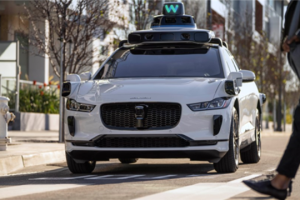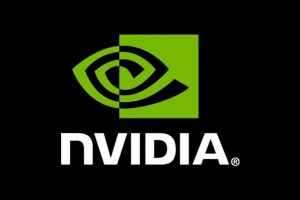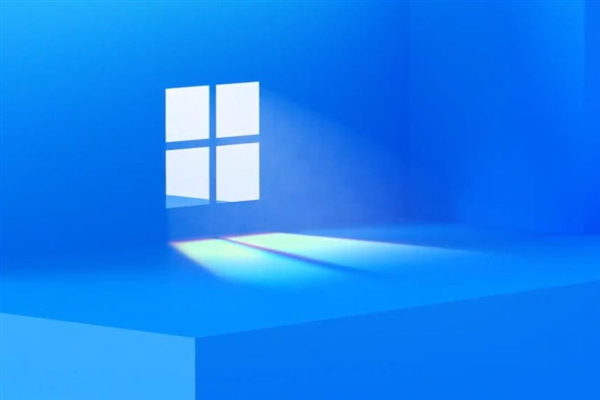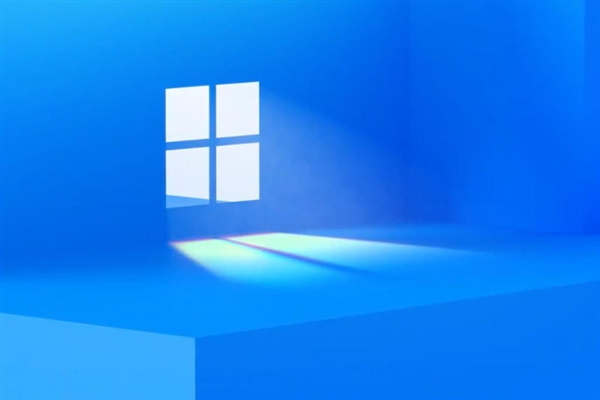June 9, 2025 – The annual AI Film Festival, organized by AI video technology firm Runway, kicked off in New York on June 5, showcasing ten short films from around the globe for the first time on the big screen.
Cristóbal Valenzuela, the CEO of Runway, remarked, “Three years ago, this would have seemed like a far – fetched dream. Today, millions of people worldwide are using tools that were once just a vision, creating billions of videos.”
He pointed out that the festival has seen a remarkable expansion since its debut in 2023. In its first year, only 300 submissions were received, while this year, the number soared to around 6,000.
The screenings this time lasted approximately 90 minutes and featured a diverse array of boldly – conceived short films. Among them, Jacob Adler’s “Total Pixel Space” took home the top prize. This 9 – minute and 28 – second film delves into the question of how many images could potentially exist in the digital realm and arrives at an astronomical figure through mathematical estimation. The film presents a series of stunning visuals, ranging from real – life scenes to completely fictional ones, leaving a lasting impression.

Andrew Salter’s “Jailbird” secured the runner – up position. It tells the story of a chicken’s experience entering a British prison and participating in a joint human – animal rehabilitation program from the chicken’s perspective. The third – place film, “One,” was a collaborative effort by Ricardo Biavascencio and Edward Sage. It unfolds a tale of interstellar travel set in the future.
These ten short films made it to the finals after standing out from thousands of submissions. They will continue to be screened in Los Angeles and Paris next week.
When evaluating the films, the judges focused on how AI was utilized and the effects achieved. However, not all the works were entirely generated by AI. The entry requirement stipulated that AI video technology must be used in the films, but there was no specific ratio set. As a result, many films combined live – action footage with AI elements.
In an interview before the screenings, Valenzuela said that they aimed to inspire creators to explore the various possibilities of AI tools.
It is known that creating a logically coherent film using generative AI is no easy feat. Even for a short clip lasting just a few seconds, numerous adjustments and dozens of detailed instructions may be required to ensure the visuals are seamless and consistent.
Nevertheless, compared to the first AI Film Festival in 2023, the technology has made significant strides. Valenzuela noted that these advancements were clearly evident in this year’s submissions. Despite the existing limitations, the realism and expressiveness of AI – generated videos are improving at a rapid pace.
Runway encouraged participants to use its own tools for film production but also allowed creators to leverage other platforms. Currently, the entire industry is accelerating the development of AI video tools. Generators driven by text, images, and audio are emerging one after another, with the technology continuously evolving and becoming more accessible.












